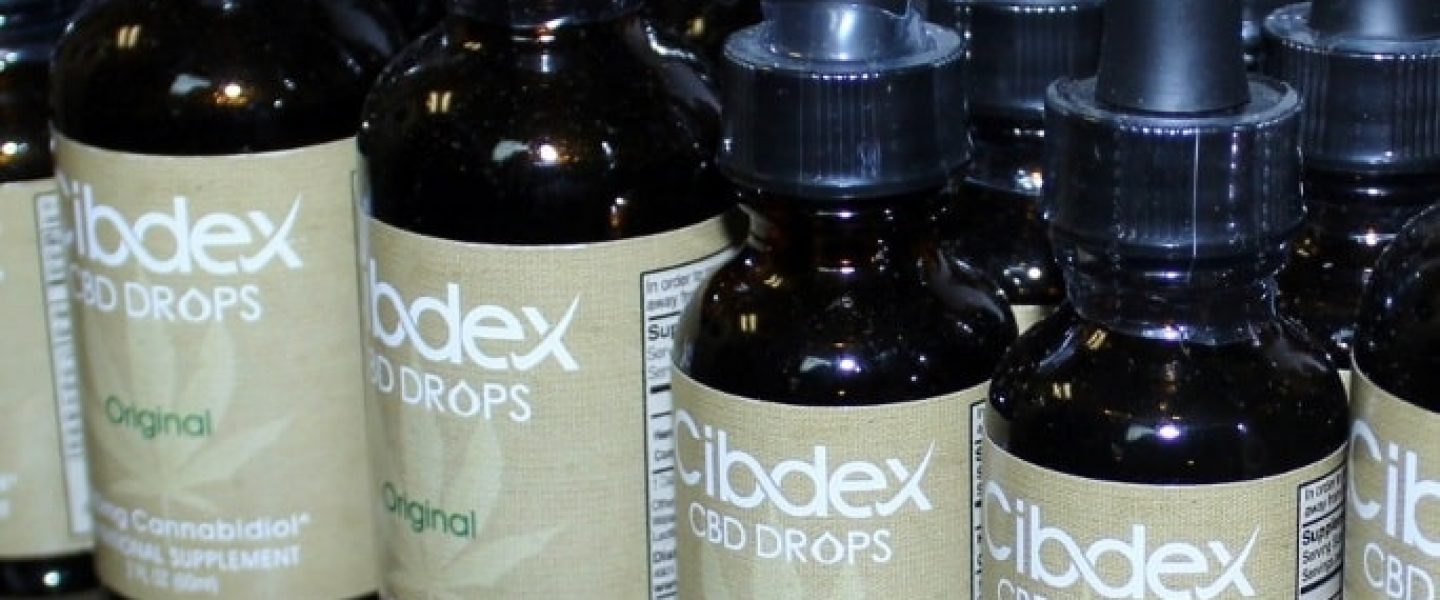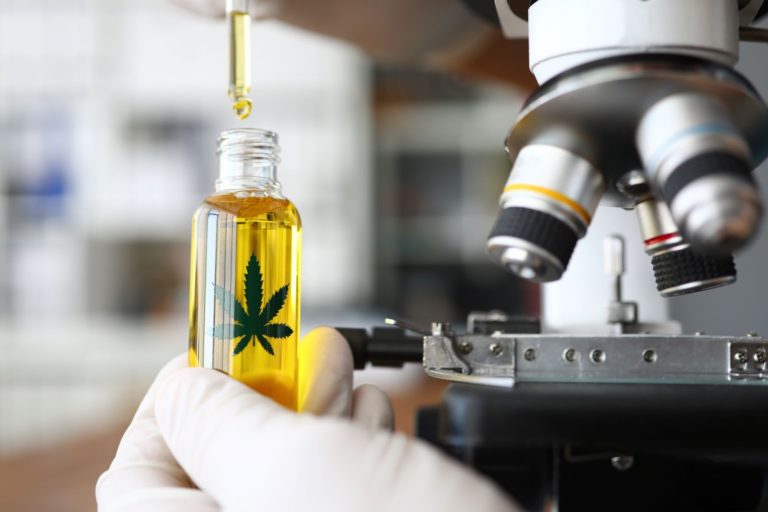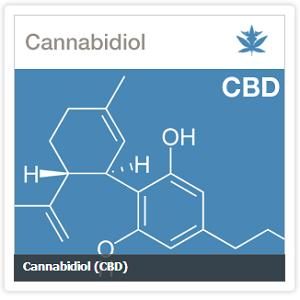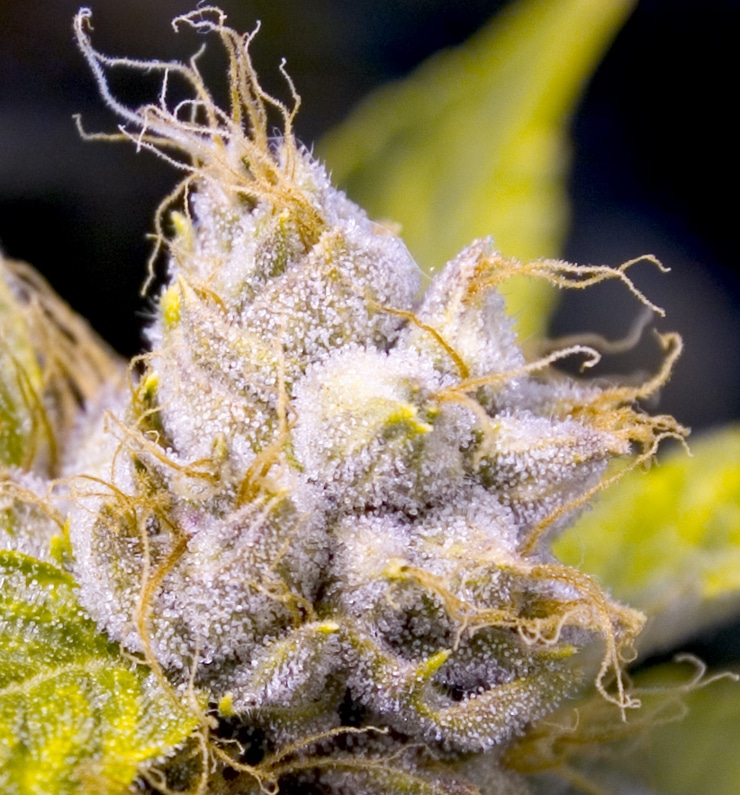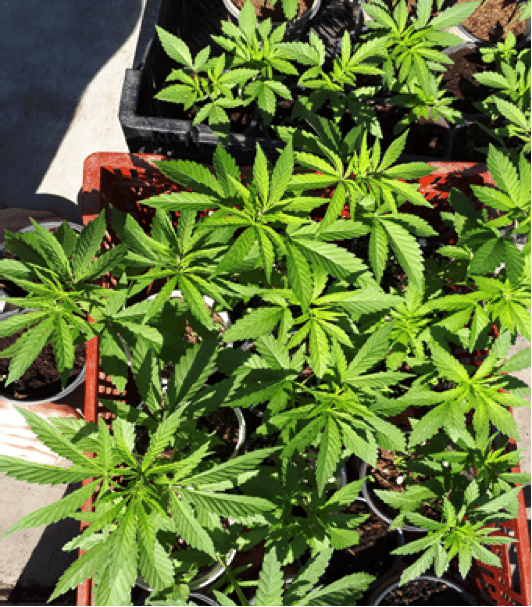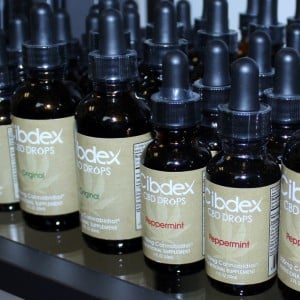 The Cannabis Benchmarks Weekly Report tells us that a half-dozen companies who market CBD-laden medicines and foods were sent letters this month from the FDA warning them against making claims of health benefits.
The Cannabis Benchmarks Weekly Report tells us that a half-dozen companies who market CBD-laden medicines and foods were sent letters this month from the FDA warning them against making claims of health benefits.
CBD is the shortened name of cannabidiol, a phytocannabinoid chemical prevalent in cannabis, especially when plants are specifically bred by master growers to express this characteristic. CBD medicines are currently available to patients in 23 licensed medical marijuana states, the District of Columbia, and 15 additional states where CBD-based treatments are the only form of medical marijuana legally available to citizens.
Six American companies that market and sell CBD products received letters from the FDA this month, warning them about language used on their websites. New Cannabis Ventures, the Benchmarks publisher, claims it is “the FDA’s opinion that even marketing CBD products as a dietary supplement is at this time against the law.”
They cite this passage from one of the letters authored by the Food and Drug Administration:
“If a substance (such as CBD) has been authorized for investigation as a new drug for which substantial clinical investigations have been instituted and for which the existence of such investigations has been made public, then products containing that substance are outside the definition of a dietary supplement. There is an exception if the substance was “marketed as” a dietary supplement or a conventional food before the new drug investigations were authorized; however, based on available evidence, FDA has concluded that this is not the case for CBD.”
The FDA tagged CBD as an Investigational New Drug (IND) in 2013. Human trials were announced late in the year.
The Agency’s position is that IND status, and the letter’s reference to “substantial clinical trials” of CBD medicines through large pharmaceutical companies like G.W. Pharmaceuticals and their ‘Epidiolex’ drug, mean no claims can be made about the effects of CBD until the trials deliver their results.
The Benchmarks report points out that the DEA considers CBD a Schedule 1 Drug. The Canadian government treats CBD as a Schedule 2 Drug.
A chart created by LeafScience summarizes the findings of the British Journal of Clinical Pharmacology, who surveyed the field of CBD science and published these conclusions:
| Medical Properties of CBD | Effects |
|---|---|
| Antiemetic | Reduces nausea and vomiting |
| Anticonvulsant | Suppresses seizure activity |
| Antipsychotic | Combats psychosis disorders |
| Anti-inflammatory | Combats inflammatory disorders |
| Anti-oxidant | Combats neurodegenerative disorders |
| Anti-tumoral/Anti-cancer | Combats tumor and cancer cells |
| Anxiolytic/Anti-depressant | Combats anxiety and depression disorders |
Until the clinical trials are completed, these and other recognized benefits can not be claimed in product marketing or on product labels by the six companies receiving letters.
The FDA letters give those targeted companies just 15 days to correct their public statements regarding the effectiveness of CBD-laden medicines and foods. Two companies received similar letters approx. one year ago, but it would appear that no action was ever taken against them after the letters were sent.
Source: The Compassion Chronicles

